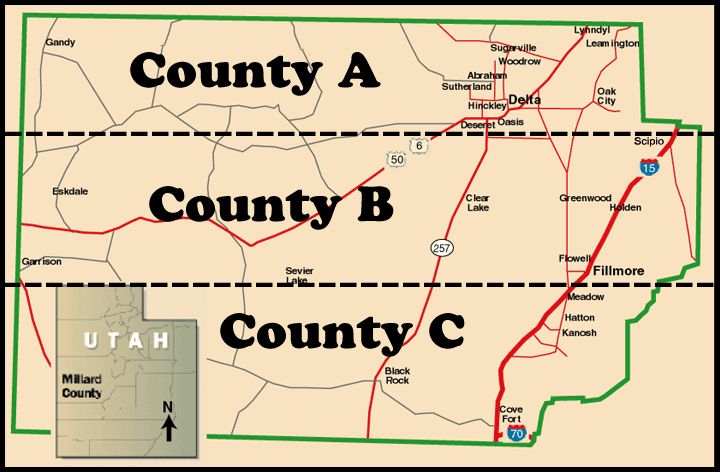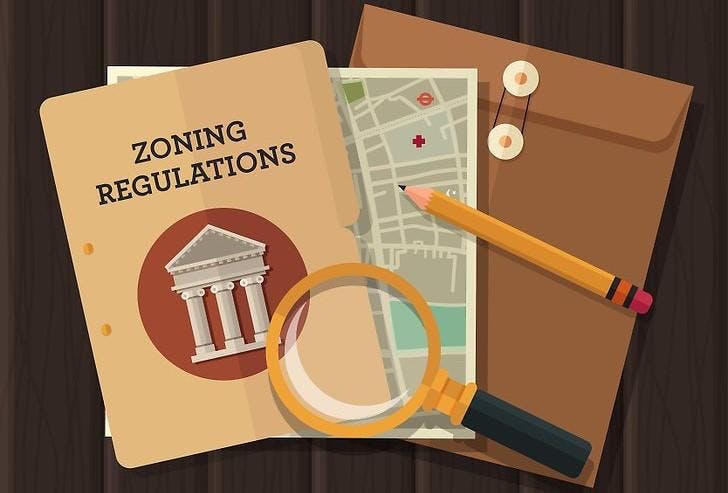What is the proper role of a federal judge when it comes to reviewing the actions of a federal regulatory agency? Should the judge defer to the ostensible expertise of that agency and its staff, and therefore generally respect the agency’s preferred interpretation of its own regulations? Or should the judge play a more active role, stepping in to prevent the agency from defining the scope of its own regulatory authority?

These are not academic questions. They are at the heart of a major case currently pending before the U.S. Supreme Court.
The case is Kisor v. Wilkie. James L. Kisor is a former Marine and a combat veteran of the Vietnam War. In 1982 he applied to the Department of Veterans Affairs (VA) seeking compensation for service-related post-traumatic stress disorder. His claim was denied. In 2006 he asked the VA to reconsider his claim, this time taking his combat history record and other related documents into account, citing a VA regulation which says that cases such as his may be reconsidered “if VA receives or associates with the claims file relevant official service department records that existed and had not been associated with the claims file when VA first decided the claim.”
This time the VA granted his claim, authorizing the payment of compensation starting that year. But Kisor objected to that timetable, arguing that his compensation should apply retroactively, beginning when his original claim was wrongly denied back in 1982. The VA objected to that, arguing that the new records it took into consideration did not meet the agency’s definition of “relevant” and therefore did not support retroactive payment.
It was around this point that the federal courts entered the picture. Kisor filed suit and, in 2017, the U.S. Court of Appeals for the Federal Circuit ruled against him, citing a pair of Supreme Court precedents which together tip the scales in favor of an agency’s interpretation of that agency’s rules. “At the heart of this appeal is Mr. Kisor’s challenge to the VA’s interpretation of the term ‘relevant,'” the Federal Circuit observed. Unfortunately for Kisor, the Supreme Court has instructed that, “as a general rule, we defer to an agency’s interpretation of its own regulation.”
The SCOTUS precedents in question are Bowles v. Seminole Rock & Sand Co. (1945), which said that “the ultimate criterion is the administrative interpretation, which becomes controlling weight unless it is plainly erroneous or inconsistent with the regulation,” and Auer v. Robbins (1997), which, drawing on Seminole Rock, held that an agency’s interpretation of its own regulations is “controlling unless plainly erroneous or inconsistent with the regulations being interpreted.”
Kisor and his lawyers then appealed to the Supreme Court, asking for both Seminole Rock and Auer to be overruled.
When the Court heard oral arguments in March, the justice who seemed most hostile to Kisor’s position was Stephen Breyer, who said that it “sounds like the greatest judicial power grab since Marbury v. Madison.” Why, Breyer demanded, should unelected federal judges get to substitute their views for those of the bureaucrats and experts who staff federal agencies?
“Agencies aren’t very democratic,” Breyer conceded, “but there is some responsibility.” For example, the heads of those agencies are appointed by the president. However, there is “one group of people who are still less democratic, and they’re called judges.” And if “you believe that the best solution—where there’s real ambiguity, and you just don’t know, the best solution is, in our country, a democratic solution,” Breyer said, “well, maybe the agency is the institution that’s closer to it.”
A short while later, Justice Neil Gorsuch offered a different perspective on the connection between democracy and judicial deference. One benefit of the courts imposing limits on agency discretion, Gorsuch argued, such as making an agency complete a public notice and comment process before it adopts a new rule, is that “people will know prospectively what rules govern them and not be sideswiped later by a bureaucracy.”

“I’m not sure how” judicial deference to an agency’s interpretation of its own rules “serves democratic processes or the separation of powers, as opposed to having an independent judge,” Gorsuch observed. In fact, he argued, knowing that “you’re going to have an independent judge decide what the law is in your case … seems to me a significant promise, especially to the least and most vulnerable among us, like the immigrant, like the veteran, who may not be the most popular or able to capture an agency the way many regulated entities can today.”
In other words, is the public better served when the courts allow federal agencies broad leeway to maneuver, as Breyer maintained, or is the public better served when the courts strictly supervise the actions of those agencies, as Gorsuch maintained?
With a decision in Kisor v. Wilkie expected by the end of June, we should get the Supreme Court’s answer soon enough.




Perhaps this is thee most interesting piece I’ve seen on range fire